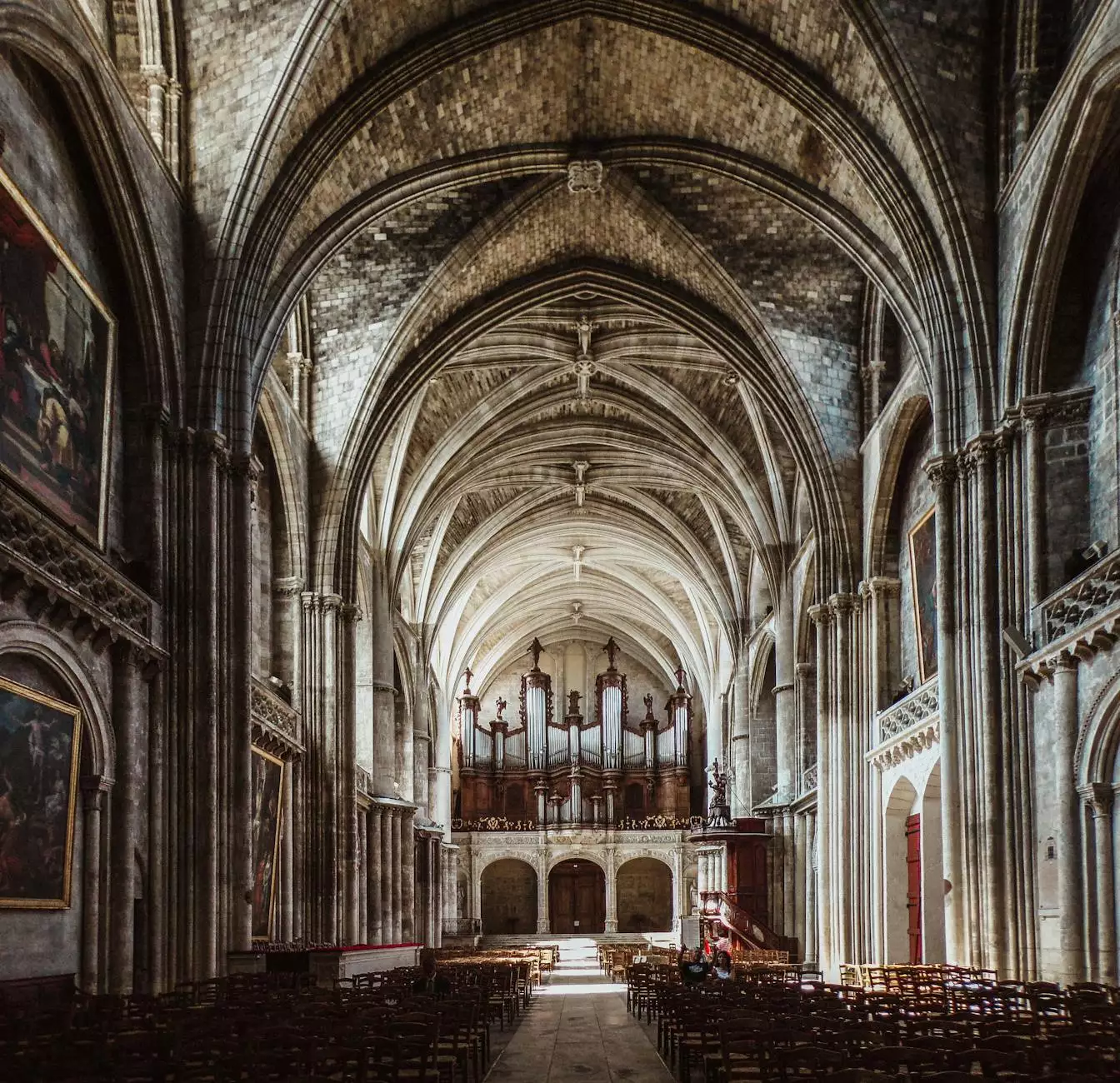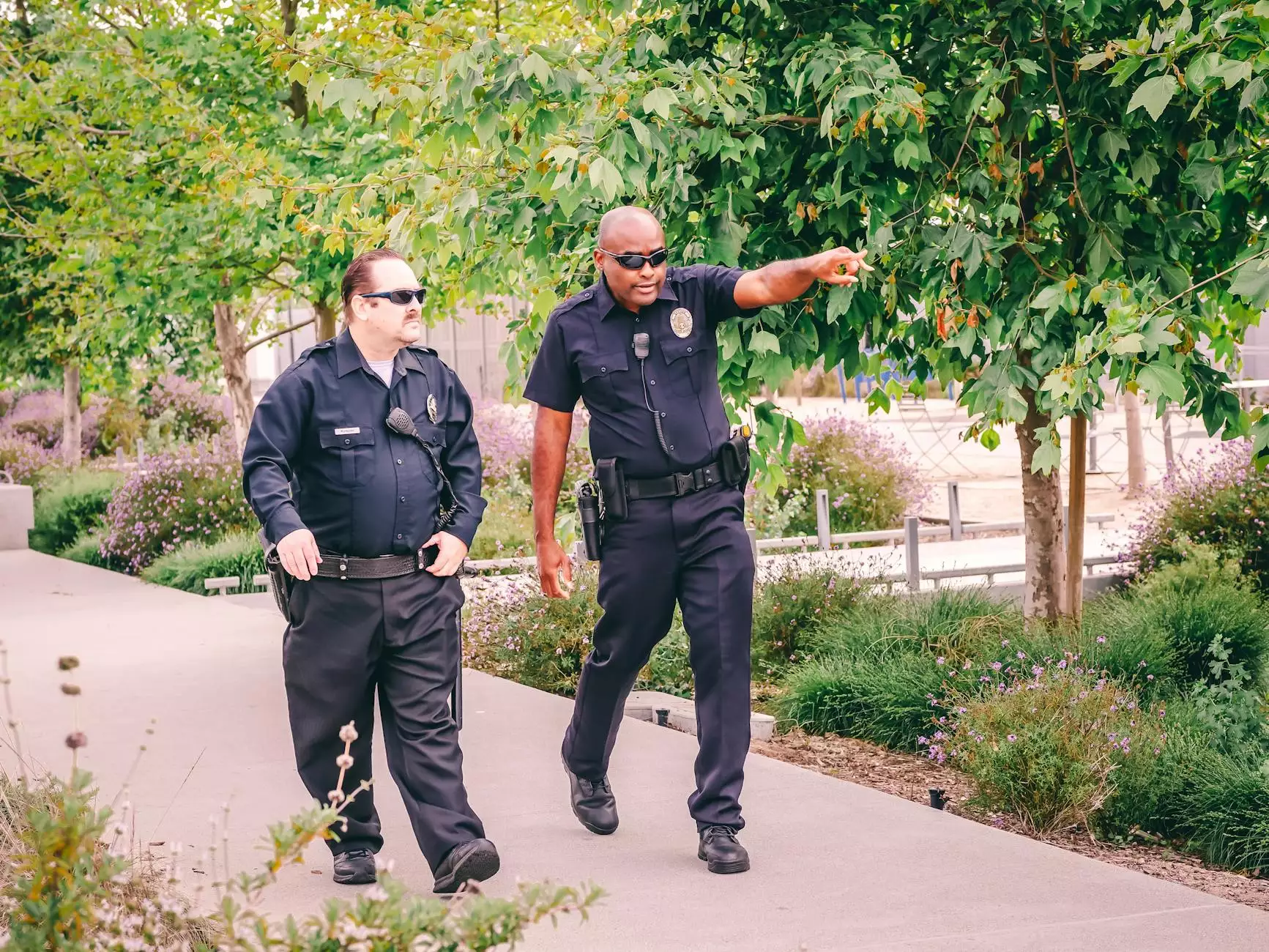Understanding the Power of the Black American Church

The Black American Church is a cornerstone of African American culture and community, marrying rich theological traditions with vibrant practices of faith. This religious institution has served not just as a space of worship but as a pivotal launchpad for social justice, community engagement, and cultural preservation.
The Historical Significance of the Black American Church
To comprehend the profound significance of the Black American Church, it is essential to look back at its origins. Emerging during the era of slavery, the church became a sanctuary where enslaved African Americans could seek solace and strength. It provided a platform for articulating hope amidst despair.
The Birth of the Black Church Movement
The mid-19th century marked an era of profound change, with prominent figures like Richard Allen, founder of the African Methodist Episcopal Church, and Henry Highland Garnet advocating for the establishment of independent Black congregations. This was not merely a matter of separation from white congregations, but rather a movement towards autonomy, empowerment, and cultural identity.
Social and Political Advocacy
The Black American Church has historically played a significant role in advocating for civil rights. During the civil rights era of the 1960s, church leaders such as Martin Luther King Jr. mobilized communities through the lens of faith, advocating for equality and justice. The church served as a meeting point for activists, providing a platform for rallies and discussions.
Cultural Contributions of the Black American Church
Beyond its religious duties, the Black American Church has been a wellspring of cultural resilience and creative expression.
Music and Worship
The musical contributions of the Black church, especially through genres like gospel, spirituals, and even jazz, have had a lasting impact on American music as a whole. The emotive power of gospel music, with its roots in the Black Christian experience, has inspired countless artists and genres. Famous artists, such as Aretha Franklin and Sam Cooke, infused their music with the fervor and spirit learned in church.
Community Engagement and Service
Many Black American Churches have expanded their mission beyond spiritual guidance to include community service. Programs range from educational initiatives, such as tutoring and scholarship opportunities, to health and wellness services, including free health fairs and counseling services.
- Food Banks: Many churches provide food assistance programs that support local families in need.
- Shelters: Some Black congregations operate shelters to combat homelessness and provide temporary housing resources.
- Community Health Initiatives: Regular health screenings and fitness programs promote wellness among church members and the surrounding community.
The Modern Black American Church: Transforming Lives Today
As the world evolves, so too does the role of the Black American Church. Today, these churches are at the forefront of addressing contemporary social issues such as systemic racism, healthcare inequities, and educational disparities.
Embracing Technology and Social Media
In the digital age, many Black churches are embracing technology to reach broader audiences. From online streaming services to social media outreach, these churches are innovating to stay connected with younger generations and those unable to attend in person.
Advocacy and Social Justice Movements
Modern Black American Churches continue to take an active stance against systemic inequalities. They often partner with organizations to advocate for voting rights, police reform, and broader social justice initiatives. Church leaders serve as pivotal figures in these movements, using their platforms to rally support and foster community unity.
The Role of Leadership in the Black American Church
Strong, inspirational leadership is a hallmark of the Black American Church. Leaders such as bishops and pastors often play multifaceted roles, serving both as spiritual guides and community advocates.
Mentorship and Guidance
Church leaders frequently act as mentors, guiding young people through personal challenges while instilling a sense of purpose and commitment to community service. This mentorship is particularly vital in establishing resilience among youth, fostering future generations of community leaders.
Educational Roles
Many Black churches offer educational programming and scholarship opportunities aimed at empowering youth and adults alike. By prioritizing education, these churches strive to dismantle systemic barriers that have disproportionately affected the Black community for generations.
Challenges Facing the Black American Church
Despite its strengths and historical significance, the Black American Church faces challenges in the modern era. Issues such as declining membership, generational divides, and shifts in cultural engagement require a reevaluation of how churches operate.
Adapting to the Next Generation
As society changes, so too must the church's approach to attracting younger congregants. Many churches are rethinking traditional practices in favor of more modern, relatable approaches. This includes incorporating music styles, preaching methods, and community engagement strategies that resonate with younger audiences.
Financial Stability
Many Black churches are struggling with financial instability due to declining attendance and contributions. Innovative fundraising strategies and community partnerships are being explored to support the ongoing mission of these vital community institutions.
Conclusion: The Legacy and Future of the Black American Church
The Black American Church is much more than a place of worship; it is a mission-driven community organization that strives for social equity, cultural empowerment, and spiritual growth. As it adapts to meet the needs of a changing society, the Black church will undoubtedly continue to play a crucial role in uplifting communities and advocating for justice.
In celebrating its rich history and impactful present, we honor the legacy of faith, resilience, and hope that the Black American Church embodies.









